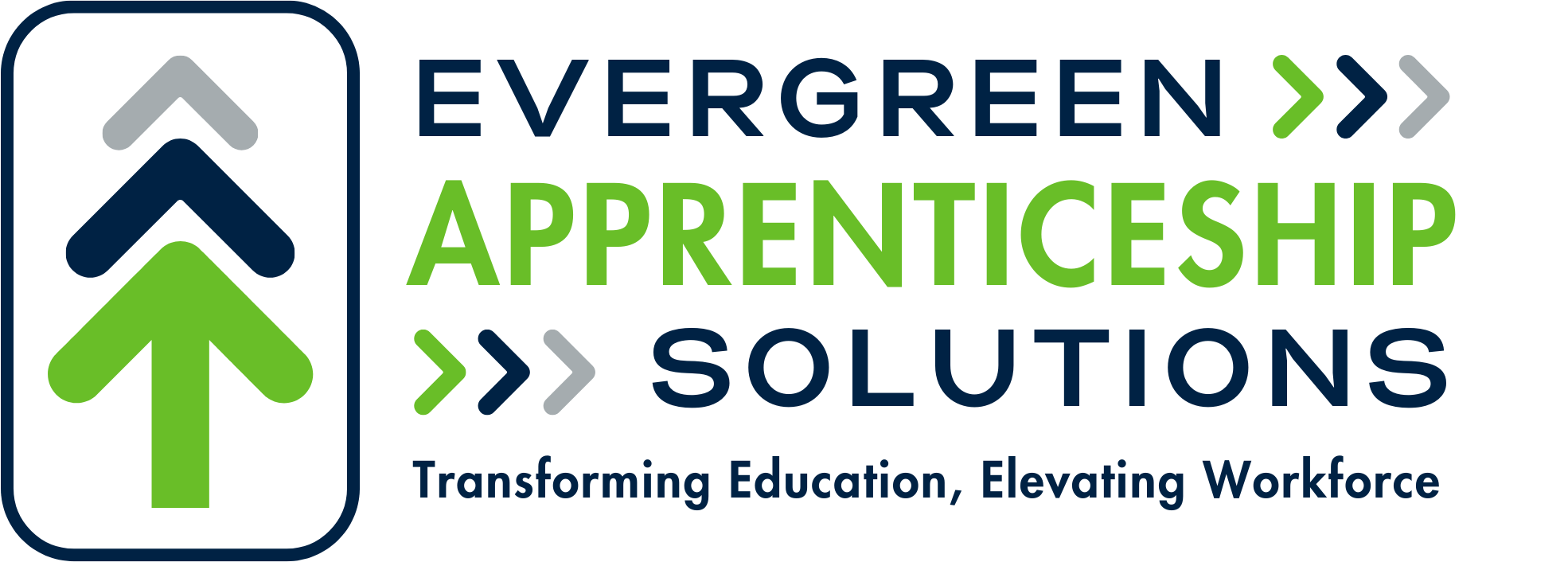
For Educators:
- Career-Ready Skills and Experience:
Apprenticeships provide students with hands-on experience and practical skills that are directly applicable to their chosen career fields. This experiential learning is invaluable, as it ensures that students are not just academically prepared but also ready to meet the real-world demands of the workforce upon graduation.
- Pathway to Employment:
Apprenticeships often lead to employment opportunities post-completion. Many businesses use apprenticeships as a way to train and evaluate future employees. Recommending apprenticeships can therefore be a direct conduit to helping students secure employment after their pre-employment education.
- Changing the “College is the only path to success” mindset:
For some students, academic paths may not be the best fit. Especially right after High School. Apprenticeships offer an alternative that still leads to successful and fulfilling careers. They are particularly beneficial for students who learn better through hands-on activities and real-world application of skills.
- Reduced Education Costs:
Apprenticeships can significantly reduce the financial burden of education. Apprentices are typically paid for their work, allowing them to earn an income while learning and potentially reducing the need for student loans.
- Alignment with Industry Needs:
By incorporating apprenticeship models into their curriculums, educational institutions can ensure that their programs are closely aligned with industry needs. This alignment makes their programs more relevant and attractive to students who are seeking education that directly prepares them for the job market. It also fosters stronger relationships between educational institutions and industry, enhancing opportunities for collaboration and program development.
Contact
Copyright © 2024 Evergreen Apprenticeship Solutions, LLC.
